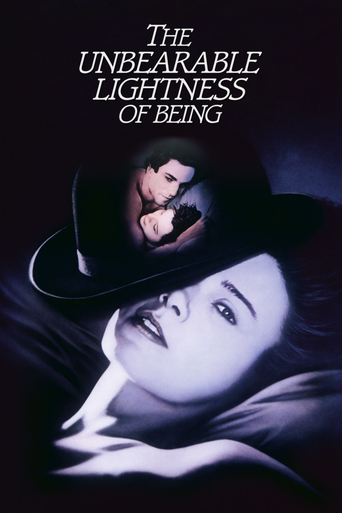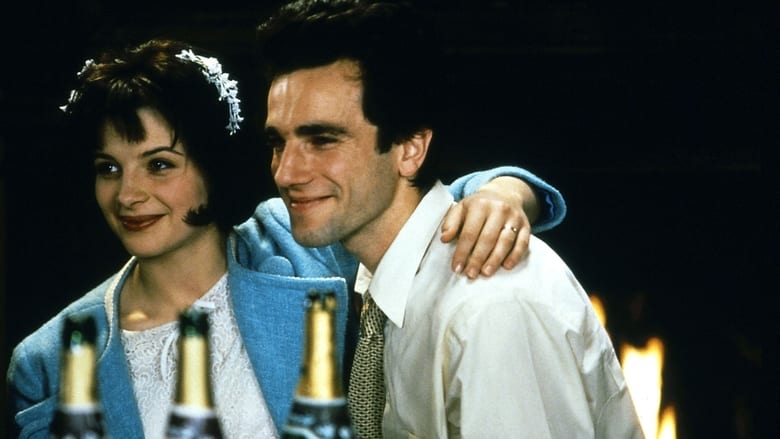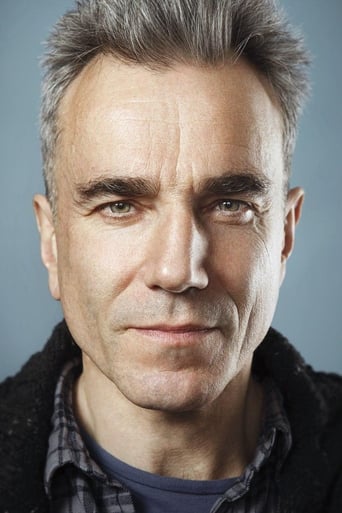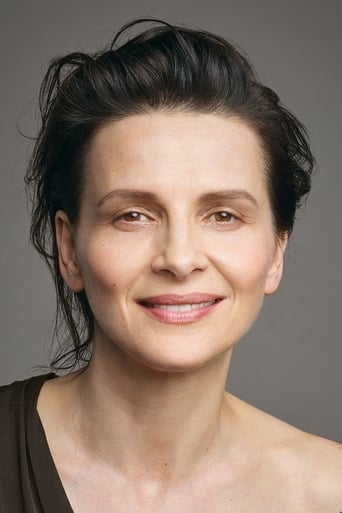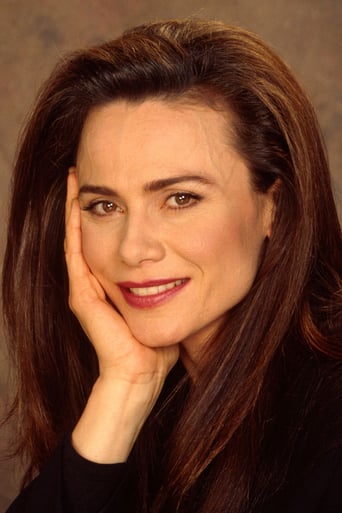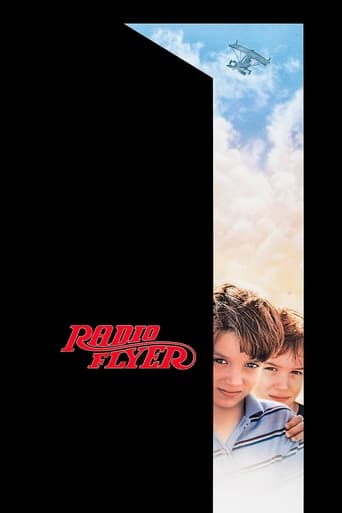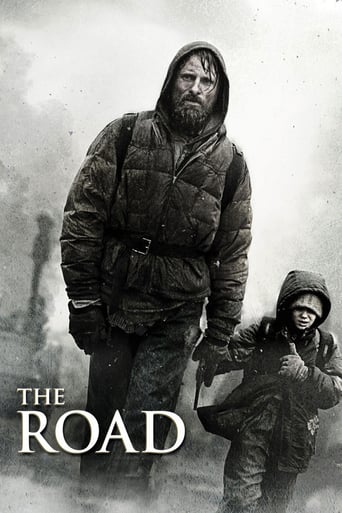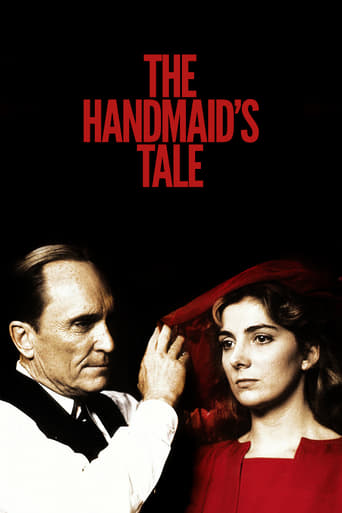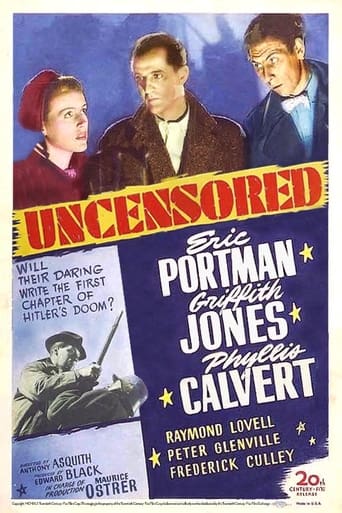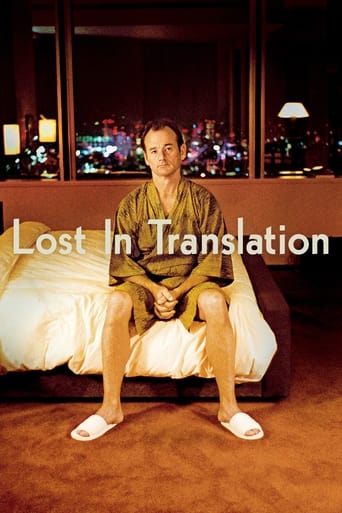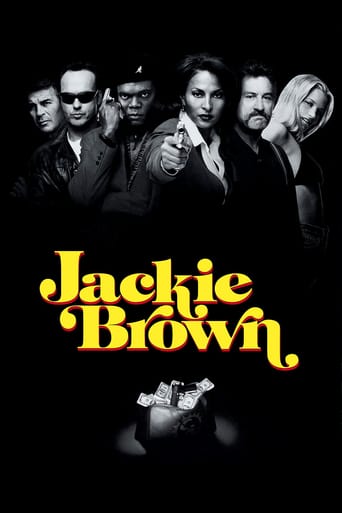The Unbearable Lightness of Being (1988)
Successful surgeon Tomas leaves Prague for an operation, meets a young photographer named Tereza, and brings her back with him. Tereza is surprised to learn that Tomas is already having an affair with the bohemian Sabina, but when the Soviet invasion occurs, all three flee to Switzerland. Sabina begins an affair, Tom continues womanizing, and Tereza, disgusted, returns to Czechoslovakia. Realizing his mistake, Tomas decides to chase after her.
Watch Trailer
Cast


Similar titles
Reviews
OK, so i've read some of the reviews of people feeling really disappointed with the movie, because it was a poor adaptation of the book, Kundera himself said he would never allow a book of his to go on screen again. I agree with Kundera and the reviewers, it is actually a very poor adaptation of an amazing book, and i have to say that "The Unbearable Lightness of Being" is the book of my life, i've read it more than once, so i was with high hopes for the movie, specially after i saw the cast. As an adaptation is bad, sometimes really bad. Many details are incongruous with the book, and i felt specially disappointed with the character of Tereza, Juliette Binoche failed to deliver an honest performance, she screams and tosses and turns for no reason....that is not Tereza! Tereza felt things deeply and with such profoundness that she had to scream sometimes to release all the 'unbearable' feelings she had inside...not Binoche, she screams because she doesn't know what she's doing. Lena Olin, on the other hand, delivers a great performance, because of her i fell in love with Sabina, more than i already was. Daniel Day-Lewis is also great as Tomas, i really liked him, and i felt that Tomas could be exactly like that, the looks and the personality.All this to say, that i gave the movie a 9 because i really loved it, in the end i tried to see it as a movie alone and not an adaptation. If you read the book then don't see the movie with high hopes, but if you haven't i'm sure you'll love it, i just don't think that seeing the movie will make you want to read the book. But as a movie by itself, is a good one.
for the courage to adapt the Kundera novel. and for science to not be only an adaptation. for superb acting and for care to details - the black umbrellas is only an example. for delicate poetry of images and for inspired use of politic frame for reflect the nuances of lead characters. and for the message who, for a viewer from East Europe , has a fundamental sound. because is more than a story about choices, forms of love, fragility and need of the other, roots of freedom and pure joy in a dark universe. it is a perfect reflection to remember the web of past as embroidery of life crumbs. and admire the admirable manner of actors to give life to the characters shadows and lights.
Aka My Left Testicle , aka The Unbearable Pretentiousness of a Dreadful Film.Absolutely awful . Dreadful script , comically bad acting , especially from the perpetually smug Daniel Day Lewis and his terrible mid European accent.It does though warrant 2 stars for the acres of bare flesh displayed by the equally gorgeous Lena Olin and Juliette Binoche.So don't waste 150 minutes of your life , search the net and find the 15 minutes or so of Olin and Binoche at their beautiful best. Don't waste your time on the other 135 minutes.
Director Philip Kaufman's ambitious screen adaptation of Milan Kundera's elaborate lover's triangle is, despite its cumbersome literary title, intelligent pop entertainment: an intimate epic of sexual freedom set against a vivid backdrop of political repression in Czechoslovakia during and after Prague Spring.The complexity of the tripartite relationship between incurably promiscuous man of medicine Daniel Day-Lewis and two contrasting women (mistress Lena Olin and naïve but knowing wife Juliette Binoche) more than compensates for the occasional broad-as-a-barn-door strokes of pathos and humor (step forward, Mephisto the pet pig). Both women are natural extensions of their mutual lover's divided attitude toward the other sex, with photojournalist Binoche regarding life through the honest, unblinking eye of a camera, while the more uninhibited Olin reflects her experience through the deceptive imagery of art (using mirrors as her medium).The eroticism is fairly explicit, but Kaufman's interpretation (with old pro Jean-Claude Carrière) of what could have been a difficult literary exercise (by Hollywood movie-making standards) is both thoughtful and provocative, even if the director's commercial instincts are sometimes at odds with the highbrow material, for example during the final return-to-the-soil farm idyll. The highlight of the film is the 1968 Soviet invasion of Prague, brilliantly recreated using actual documentary footage, seamlessly integrated with dramatic inserts into one of the more exciting passages seen on the big screen in quite a while.

